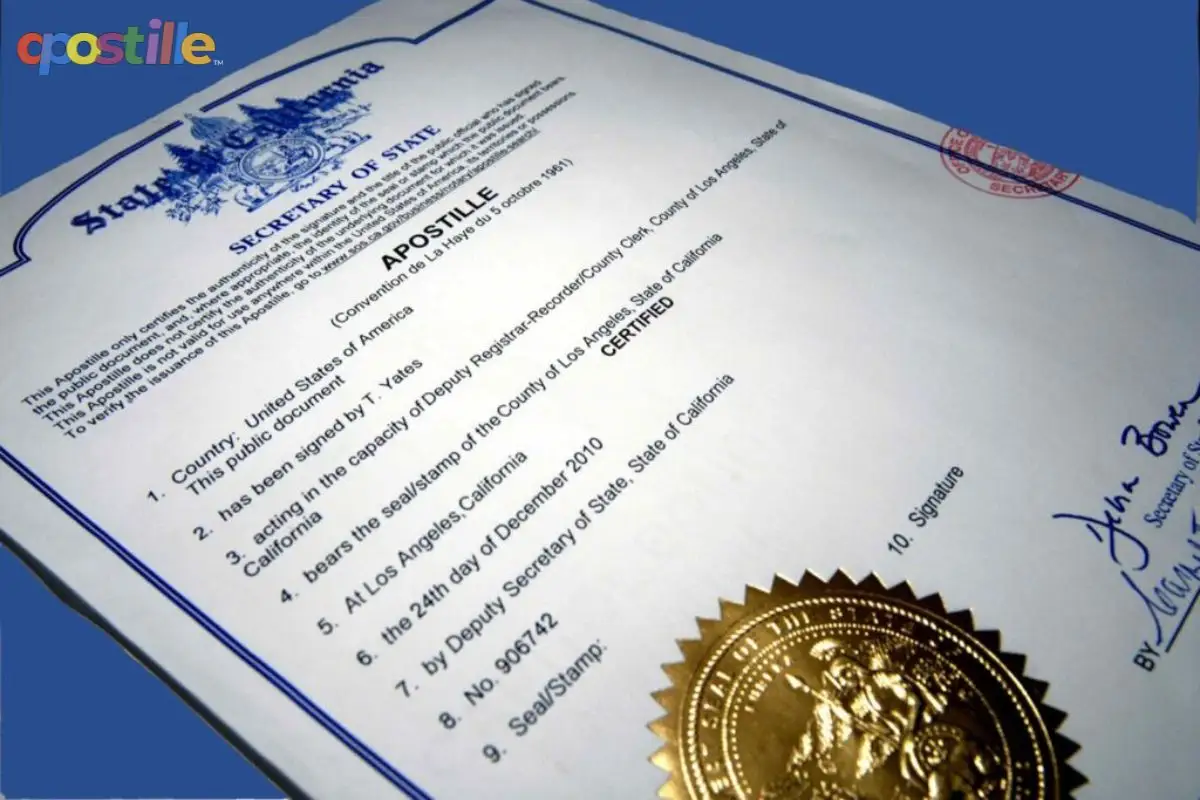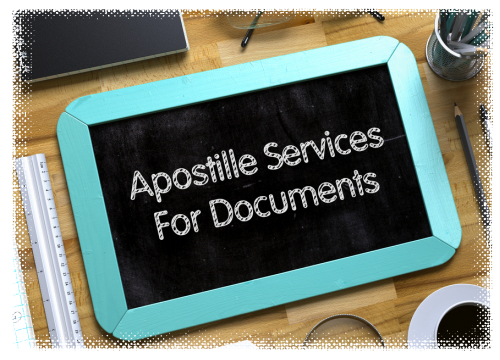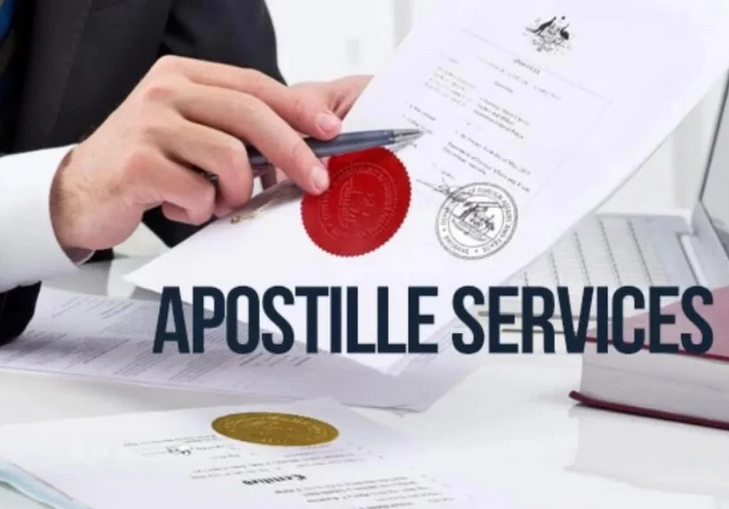Exploring the Factors Behind the Compulsory Demand of Apostille Certification for Legal Papers
In the realm of legal documents, the necessary demand of apostille qualification has become an important facet that significantly affects the credibility and acknowledgment of legal documents on a worldwide scale. Comprehending the reasoning behind this necessity includes diving right into the detailed web of legal complexities, historic criteria, and worldwide arrangements that underscore the value of apostille qualification in today's interconnected world. By discovering the underlying factors behind this prevalent need, a clearer image arises of why this seemingly bureaucratic procedure holds such enormous significance for people, governments, and organizations alike.
Historical Development of Apostille Certification
How did the principle of apostille qualification evolve gradually to come to be an important part of international record recognition? The historic evolution of apostille certification go back to the early 20th century. The requirement for a simplified approach of validating files for usage throughout borders ended up being obvious as worldwide trade and traveling raised. In response to this requirement, the Hague Meeting on Personal International Law presented the Apostille Convention in 1961. This worldwide treaty established a streamlined procedure for licensing the authenticity of documents to be identified in member nations.
At first embraced by a couple of European countries, the Apostille Convention progressively gained worldwide acceptance as a result of its effectiveness and efficiency in confirming the legitimacy of main documents. For many years, the convention's reach increased as even more nations joined, acknowledging the apostille as a globally accepted form of document verification. Today, apostille certification has actually become a standard demand for confirming lawful documents in global purchases, making certain smooth communication and legal procedures in between nations.
Simplifying International Document Legalization
The streamlining of global document legalisation procedures has substantially enhanced performance in cross-border deals. Simplifying the procedure of legislating records for international use has come to be vital in facilitating swift and seamless transactions in between nations. Among the key mechanisms that have added to this simplification is the adoption of the Apostille Convention, which offers a standard method for confirming the authenticity of files across getting involved countries.
By adhering to the Apostille requirements, countries agree to acknowledge each other's public files as legitimate without the requirement for additional legalisation. This removes the extensive and frequently difficult process of several verifications by various authorities, saving time and sources for organizations and individuals engaged in global activities.

Making Sure Record Credibility and Legitimacy
To make certain the credibility and legitimacy of lawful files in worldwide deals, stringent verification processes are important. By requiring apostille accreditation for legal documents, authorities aim to authenticate the origin of files and verify the trademarks of people entailed.
Additionally, confirming the authenticity of lawful files via apostille accreditation enhances trust and confidence among events engaging in global purchases. It gives assurance that the documents presented are genuine and legally Click Here binding, thereby decreasing the risks linked with deceptive tasks. Additionally, guaranteeing record legitimacy with apostille accreditation simplifies the legalization process, making it much more dependable and effective for people and organizations conducting organization across borders. Inevitably, by maintaining rigorous verification requirements, apostille qualification contributes to an extra safe and secure and clear worldwide lawful structure.

Helping With Cross-Border Legal Recognition
In the world of worldwide purchases, the apostille certification not only makes certain the credibility and credibility of legal records yet likewise plays a pivotal function in facilitating cross-border legal recognition (Houston Apostille). When lawful papers bear an apostille certification, they are conveniently approved by international authorities without the need for further confirmation. This streamlined procedure speeds up the recognition of files in various countries, advertising performance and decreasing governmental hurdles in legal issues that go beyond nationwide borders
Assisting in cross-border legal recognition with apostille qualification fosters trust fund and confidence in the authenticity of records traded in between nations. By adhering to the criteria set forth by the Apostille Convention, nations concur to recognize the apostille seals affixed to records from other participant countries, therefore simplifying the process of lawful recognition across boundaries.
Conformity With International Treaty Standards
Conformity with worldwide treaty requirements is crucial for ensuring the uniform application of legal regulations throughout getting involved nations. The Apostille Convention, developed in 1961, describes the demands for the approval of public papers amongst member nations.
The Apostille qualification, as mandated by the treaty, offers as a guarantee of credibility for files such as birth certifications, marriage licenses, court judgments, and notarized deeds. This standardized approach assists protect against fraudulence and makes certain that legal documents stemming from one participant nation are conveniently accepted in one more. Additionally, by following global treaty standards, countries show their commitment to promoting the concepts of openness, count on, and participation in legal issues on a global range.
Conclusion

In the realm of lawful documentation, the necessary demand of apostille certification has actually ended up being a necessary element that substantially impacts the click here for info credibility and recognition of legal papers on a global scale. Today, apostille qualification has become a typical need for validating lawful papers in worldwide deals, making certain smooth communication and legal procedures in between countries.
In addition, validating the credibility of lawful records via apostille accreditation boosts depend on and self-confidence amongst events involving in global purchases.In the realm of worldwide purchases, the apostille certification not just guarantees the authenticity and legitimacy of lawful files however additionally plays a crucial duty in promoting cross-border legal recognition. By adhering to the requirements set forth by the Apostille Convention, countries concur to honor the apostille seals attached to records from other participant countries, hence streamlining the procedure of lawful recognition throughout boundaries.